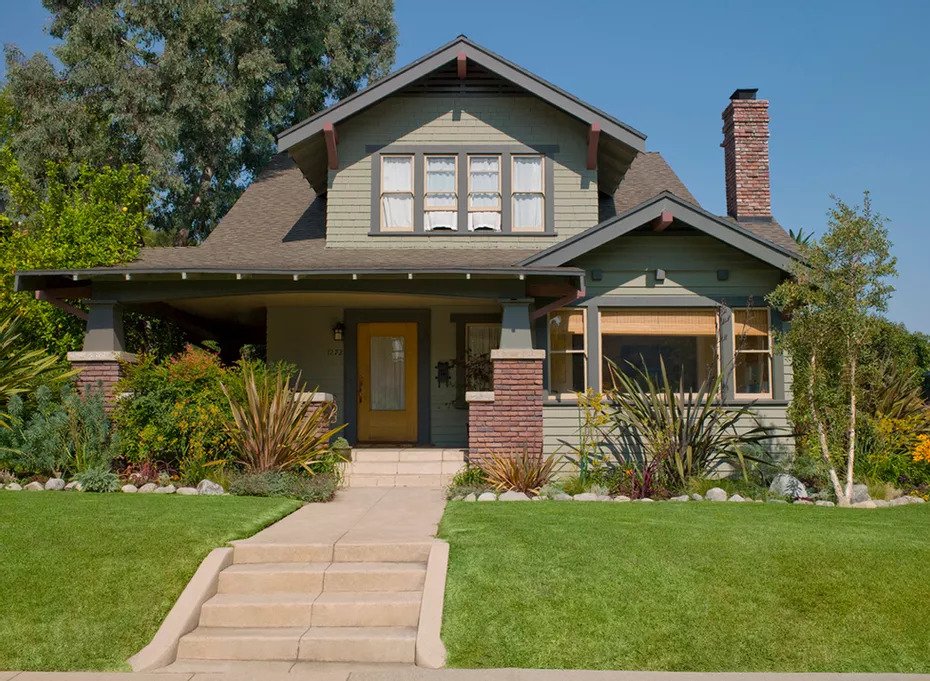Renting a home with hopes of one day owning it is possible, but there are some caveats to be aware of.
Why just rent? In theory, rent-to-own can be great for renters who want to become homeowners but don’t have a down payment. So why don’t more people do it? For one thing, rent-to-own properties are pretty hard to find. They’re not common, and don’t fit well into typical property listings for sale or rent. If you do find a rent-to-own home or apartment that’s perfect for you, there are other things to consider before committing. Here’s what you need to know about how rent-to-own agreements actually work.
How does rent-to-own work?
A rent-to-own agreement means an owner has promised to sell their property to a tenant for a pre-determined price within a certain time frame. Usually, a portion of rent payments will go toward the purchase price or buyer’s closing costs associated with the transaction. When the buyer signs a rent-to-own contract, they agree to rent the property for a specific amount of time before buying the property when the lease expires.

Two Types of Rent-to-Own Agreements
Lease Agreement with Option to Purchase
Ready for some legal stuff? This type of lease requires the tenant to pay an “option fee” for the right to purchase a property at a later date. If they exercise that option, the seller is required to sell the property to the tenant and apply the option fee to the purchase price. If the tenant chooses not to exercise that option, they forfeit the option money.
Option fees are generally a percentage of the purchase price (on average, anywhere from 2 to 7 percent). If a tenant doesn’t have the cash on hand, sometimes assets, such as a car, can be used instead.
Lease Agreement with Purchase Agreement
The second agreement is a lease plus a purchase agreement. Both parties agree on a fixed purchase price, or agree the purchase price will be determined with a future appraisal, as well as the future closing date. Everything’s set from the beginning.
Martin Orefice, a real estate investor, believes this type of agreement is often the better option. “I use this when dealing with Realtors. They are more familiar with the paperwork and understand better than using an option contract,” he says. “The money given is considered earnest money and is refundable in most circumstances, just like a traditional transaction.”
How should you decide between a fixed price or a future appraisal price? Orefice says it depends on the market. In a rising market, a fixed price will allow you to have equity in the home even before making the purchase. In all other market conditions, an appraisal at the time of purchase will ensure you don’t pay over market value.
Here’s another tip: If you have credit repair work that needs to be completed, or if your financing is still a question mark, push for a closing date at least 12 months in the future.
Where Your Rent Payments Go
Here’s the good news: If you’ve ever been concerned your monthly payment is money down the drain, rent-to-own offers an additional benefit in the form of rent credits. Rent credits apply a percentage of your monthly rent to the purchase price of the home.
Say the price of the home is $200,000, and the landlord agrees to apply 30% of your $1,500 monthly rent payment throughout your two-year lease agreement. This would bring the purchase price down to $189,800.
You’re able to build equity while renting and the landlord has added security you’ll follow through with the agreement.
Handling Repairs and Maintenance
Rent-to-own is more complicated than a traditional tenant/landlord relationship. Maintenance and repairs fall solely on the shoulders of the landlord when renting the regular way. That’s not always the case with rent-to-own. Your rent-to-own agreement should clearly outline who is responsible for what, but it’s common for small repairs and regular upkeep to be the responsibility of the tenant, and large repairs to remain in the hands of the landlord.
Who Benefits from Rent-to-Own?
According to Jeff Rhode, a long-time real estate investor and property manager, “The typical renter who benefits from this is someone who does not have the cash at present for a down payment or for whatever reason isn’t able to obtain financing,” he says. “Rent-to-own can also benefit the seller in that any potential capital gains taxes are mostly deferred if the property is an investment property.”
Now that you understand how rent-to-own works, it’s time to dust off those dreams of home ownership. With the right rent-to-own agreement, you could be a property owner sooner than you may think.

